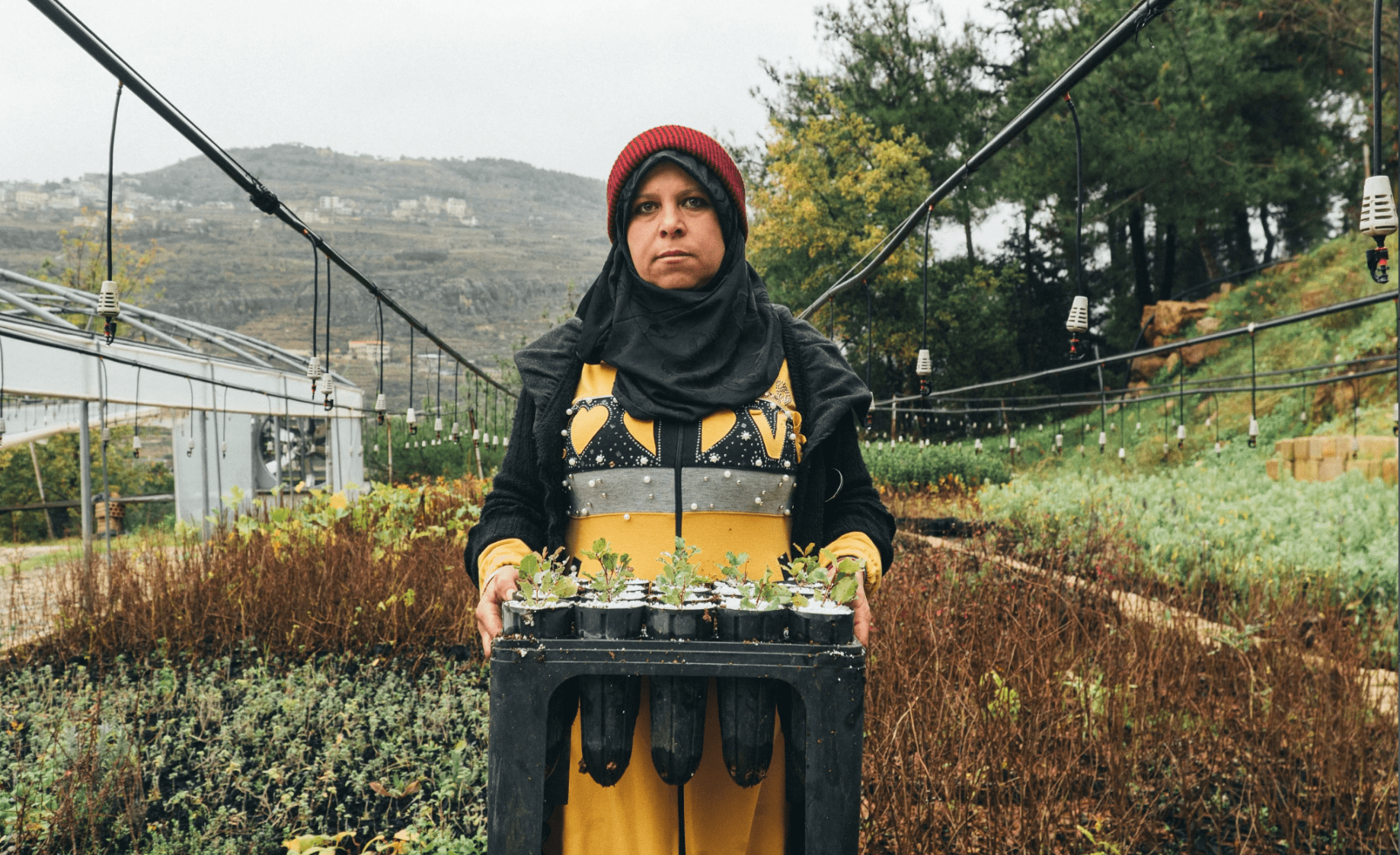
Restoring Mediterranean Forests: a UN World Restoration Flagship
16/02/2024
The UN Environment Programme (UNEP) and the Food and Agriculture Organization of the United Nations (FAO) have announced the recognition of seven new initiatives across Africa, Latin America, the Mediterranean, and South Asia as UN World Restoration Flagships These initiatives, aimed at reversing ecosystems degradation, represent best practices in combating challenges such as wildfires, drought, deforestation, and pollution.
The World Restoration Flagship awards are an important component of the UN Decade on Ecosystem Restoration, spearheaded by UNEP and FAO. This initiative seeks to prevent, halt, and reverse the degradation of ecosystems globally, with a commitment to restoring over one billion hectares.
The winning initiatives, unveiled ahead of the 6th session of the UN Environment Assembly (UNEA-6), are expected to restore nearly 40 million hectares, creating around 50 0000 jobs. The World Restoration Flagships embody the 10 Restoration Principles of the UN Decade. They represent ongoing, large-scale, and long-term ecosystem restoration efforts endorsed by the Task Forces for Science and Best Practices.
This year's World Restoration Flagships are part of an accelerated investment in nature by governments and private donors, reflecting a growing recognition of the urgency of environmental restoration. Notable contributions include USD 1.4 billion provided by the Global Environment Facility (GEF) Council last year.
The Flagship Restoring Mediterranean Forests, spearheaded by the Silva Mediterranea secretariat, stretches across the region, where Lebanon, Morocco, Tunisia, and Türkiye, act as pilot countries, representing a substantial endeavor to address the degradation of forest ecosystems in one of the planet's most crucial biodiversity hotspots. Focusing on proactive forest management, the initiative aims to prevent wildfires and restore degraded habitats. Already, 2 million hectares have been restored since 2017, with plans to restore 8 million more by 2030, creating 50 000 green jobs in the process.
Key Initiatives Recognized as World Restoration Flagships
Living Indus – Restoring a Cradle of Civilizations: An initiative in Pakistan aiming to restore 25 million hectares of the Indus River basin by 2030.
Acción Andina: Saving a Global Water and Climate Hotspot – A community-led movement in South America scaling up reforestation efforts across Andean countries.
Sri Lanka Mangrove Regeneration Initiative – A science-driven initiative restoring mangrove ecosystems in Sri Lanka to benefit coastal communities.
Terai Arc Landscape: Reviving Asia’s Mega-Fauna – A project focused on restoring critical habitats in the Terai Arc Landscape shared by India and Nepal.
Regreening Africa’s Agriculture – A multi-country effort employing agroforestry techniques to restore over 350,000 hectares across Africa.
Growing Forests in Africa's Drylands – African Farmers Transforming Food Systems: A program spanning multiple African countries, aimed at restoring degraded lands and transforming agricultural practices.
These initiatives represent a collective commitment to restoring ecosystems and safeguarding biodiversity, aligning with the goals of the UN Decade on Ecosystem Restoration.
The World Restoration Flagship awards are an important component of the UN Decade on Ecosystem Restoration, spearheaded by UNEP and FAO. This initiative seeks to prevent, halt, and reverse the degradation of ecosystems globally, with a commitment to restoring over one billion hectares.
The winning initiatives, unveiled ahead of the 6th session of the UN Environment Assembly (UNEA-6), are expected to restore nearly 40 million hectares, creating around 50 0000 jobs. The World Restoration Flagships embody the 10 Restoration Principles of the UN Decade. They represent ongoing, large-scale, and long-term ecosystem restoration efforts endorsed by the Task Forces for Science and Best Practices.
This year's World Restoration Flagships are part of an accelerated investment in nature by governments and private donors, reflecting a growing recognition of the urgency of environmental restoration. Notable contributions include USD 1.4 billion provided by the Global Environment Facility (GEF) Council last year.
The Flagship Restoring Mediterranean Forests, spearheaded by the Silva Mediterranea secretariat, stretches across the region, where Lebanon, Morocco, Tunisia, and Türkiye, act as pilot countries, representing a substantial endeavor to address the degradation of forest ecosystems in one of the planet's most crucial biodiversity hotspots. Focusing on proactive forest management, the initiative aims to prevent wildfires and restore degraded habitats. Already, 2 million hectares have been restored since 2017, with plans to restore 8 million more by 2030, creating 50 000 green jobs in the process.
Key Initiatives Recognized as World Restoration Flagships
Living Indus – Restoring a Cradle of Civilizations: An initiative in Pakistan aiming to restore 25 million hectares of the Indus River basin by 2030.
Acción Andina: Saving a Global Water and Climate Hotspot – A community-led movement in South America scaling up reforestation efforts across Andean countries.
Sri Lanka Mangrove Regeneration Initiative – A science-driven initiative restoring mangrove ecosystems in Sri Lanka to benefit coastal communities.
Terai Arc Landscape: Reviving Asia’s Mega-Fauna – A project focused on restoring critical habitats in the Terai Arc Landscape shared by India and Nepal.
Regreening Africa’s Agriculture – A multi-country effort employing agroforestry techniques to restore over 350,000 hectares across Africa.
Growing Forests in Africa's Drylands – African Farmers Transforming Food Systems: A program spanning multiple African countries, aimed at restoring degraded lands and transforming agricultural practices.
These initiatives represent a collective commitment to restoring ecosystems and safeguarding biodiversity, aligning with the goals of the UN Decade on Ecosystem Restoration.
